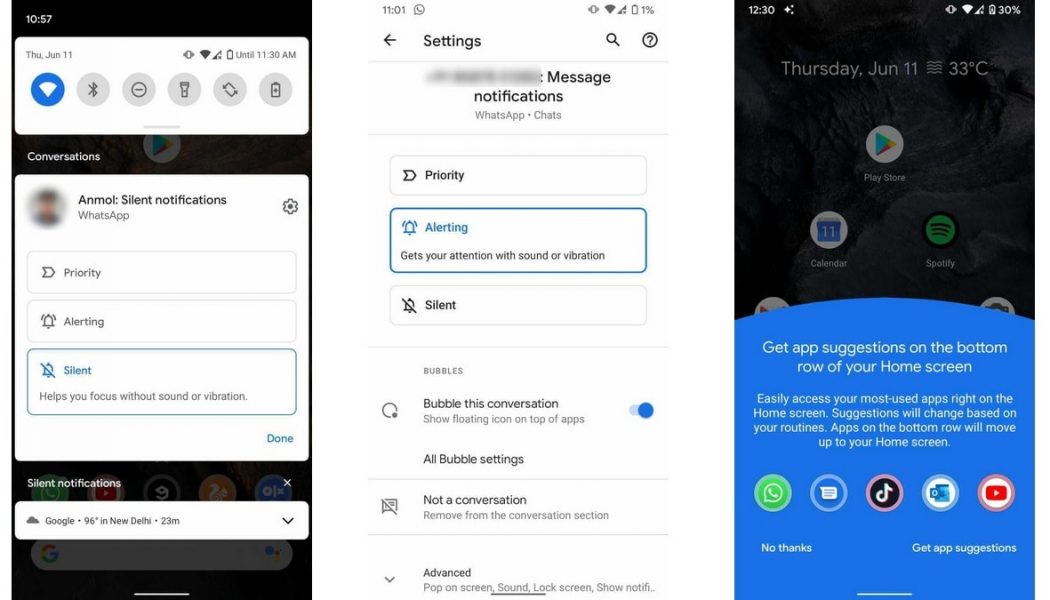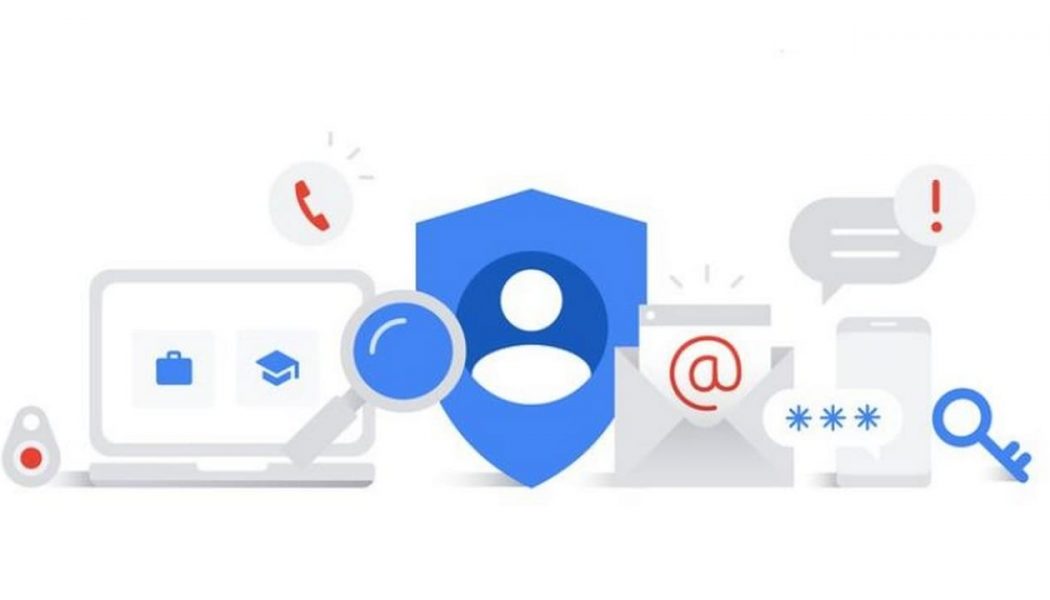Google news
Google Launches Website to Help People Avoid Online Scams
Sourced from Google. Ever opened your emails and received a poorly-worded message about a payment that you weren’t expecting? What about one proclaiming that you’ve won a competition you never entered. “Congratulations!” it reads, beneath, a sinister attachment that you probably should not open. This is becoming more and more common, and now Google has unveiled a website to teach people how to spot and avoid online scams. Digital hoaxes, malware and cyberattacks have been surging during the ongoing coronavirus pandemic. The website – Scamspotter.org – tries to show users how to identify things such as false stimulus checks, fake vaccine offers, or other fake medical information. The site also attempts to make clear certain patterns that are typical of hoaxes, like a romance scammer asking ...
Google Maps is Making Wheelchair-Accessible Locations Easier to Spot
Sourced from Google. In honour of Global Accessibility Awareness Day, Google is adding a long-overdue feature to its Maps app that puts details about a location’s accessibility facilities front and centre. With the “Accessible Places” feature enabled, business and points of interest with wheelchair-accessible entrances are marked with a wheelchair icon along with information about whether accessible seating, restrooms, and parking are available. Previously, all that information was tucked away in a location’s “About” menu, which users would have to navigate to for every destination individually. “With this feature ‘rollout’, it’s easier to find and contribute wheelchair accessibility information to Google Maps,” Google Maps software engineer Sasha Blair-Goldensohn says in a company blog po...



















